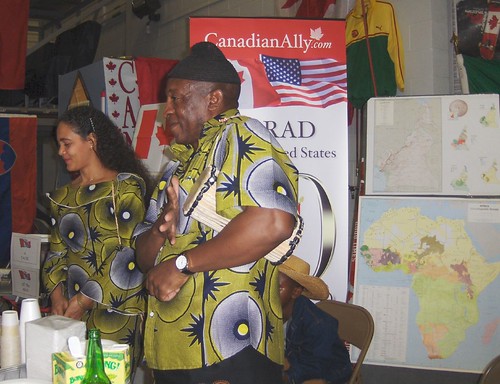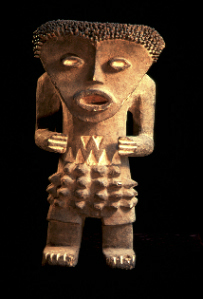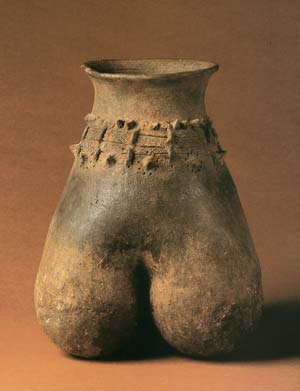
Introduction
Cameroon had been inhabited by Pygmy groups since the Neolithic Age. The pygmies were gradually replaced and absorbed by Bantu tribes. The Portuguese were the first Europeans to come in contact with Cameroon. Later it came under German, French and British colonial rule. In spite of colonization and varied cultural influences, Cameroon boasts of its ancient tribal music and art forms till date.
Ancient History - The Neolithic Age
Archeological evidences testify habitation of Pygmy Baka hunter- gatherers around Lake Chad around A.D. 500. The Sao Culture gradually gave way to the Kanem-Bornu Empire. Gradually chiefdoms, kingdoms and fondoms emerged including those of Bamileke, Bamum and Tikar. During and after the Bantu invasion, the Pygmies were gradually replaced and absorbed by the Bantu tribes.
Colonial History - The European Contact
The Portuguese were the first to reach the coasts of Cameroon in 1472. An abundance of prawns and crayfish, noticed in the Wouri River, made them christen the land as Rio dos Camarões (River of Prawns) which later rendred the country its present day identity. Led by Moido Adama, in the early 19th Century, Fulani soldiers on a Jihad in the North against Kirdis (Non-islamic people) led to the establishment of the Adamawa Emirate in some parts of the country. European trade interests became more regular over the next few centuries, while Christian Missionaries established and extended their operations to the inlands.
With the Germans emerging as a major power in Europe, Germany established the first permanent colonial settlement in Cameroon in 1884. Cameroon beame a League of Nations Mandate Territory and was split between French Cameroons and British Cameroons in 1919, after the defeat of Germany in the World War II. In 1946, the mandates were converted into United Nations Trusteeships and self-government was granted to Cameroon.
Modern History - The Republican Era
After The United Nations Trusteeship in 1946, Independence became a burning issue raised by various political parties lead by the Union des Populations du Cameroun. The independence Struggle of Cameroon saw bloody insurrections which were suppressed with the help of French Forces. Finally, on 1st January 1960 French Cameroon gained Independence to become the Cameroon Republic and was joined by Southern parts of British Cameroons in 1961. The Constitution of the Republic of Cameroon was adopted on the 20th May 1972 by the Assembly and later amended in 1982.
Cameroon and Nigeria engaged in a war over the disputed Bakassi Peninsula, rich in oil. Finally, in line with an international court ruling, Nigeria withdrew troops in 2006, awarding sovereignty to Cameroon.

























































%20copy.jpg)


No comments:
Post a Comment